
27 July – 31 August
After Herbert von Karajan’s resignation from the Board of Directors, a selection committee was set up to deal with his succession. Even before this was settled, Herbert von Karajan died on 16 July 1989 at the age of 81 in his house in Anif.
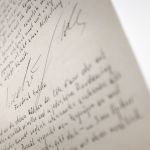
27 July – 30 August
The competing of the ‘Scene’ continued to cause further tumult in the Festival District. Besides local stars and international ensembles, Festival artists like Friedrich Gulda, Gidon Kremer and Rolf Hochhuth used the alternative forum more and more to present new contexts for their art.

26 July – 31 August
A row about the freedom of artistic expression rocked the Festival in 1987: George Tabori’s production of Franz Schmidt’s Das Buch mit sieben Siegeln was prohibited after the first night. To the clergy, the drastic world of images conceived by the director seemed incompatible with the consecrated church building.

26 July – 31 August
Three world premières were scheduled for 1986: the opera programme presented Die schwarze Maske/The Black Mask by Krzysztof Penderecki. The Bernhard series came to an end with Ritter, Dene, Voss.
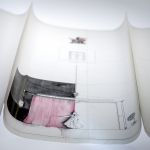
26 July – 1 September
We meet another ageing theatre man in Bruscon, the main protagonist in Bernhard’s Der Theatermacher, which was premièred in 1985 at the Landestheater/State Theatre under the direction of Claus Peymann. The actor Bruscon is obsessed with the theatre and wants to perform his comedy of mankind, Das Rad der Geschichte/The Wheel of History, in a village inn, but in the end doesn’t succeed.
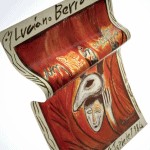
26 July – 31 August
In 1984 – yet again in co-production with the Vienna State Opera – the Small Festival Hall hosted the world première of Luciano Berio’s azione musicale Un re in ascolto after a libretto by Italo Calvino. Berio, alongside Luigi Nono, is counted among the leading exponents of the musical avant-garde in Italy and was awarded the Ernst von Siemens music prize in 1989.
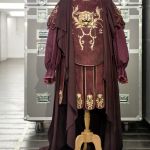
26 July – 30 August
Summer 1983 was overshadowed by the death of the Festival President Josef Kaut and also of the Festival architect Clemens Holzmeister. Jean-Pierre Ponnelle and James Levine completed their Mozart cycle with Idomeneo in that year, with Luciano Pavarotti, who interpreted the title role.
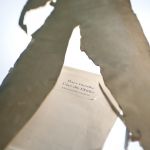
25 July – August 30
In 1979, the author Peter Handke had taken up residence at a friend’s of his youth, Hans Widrich, on Mönchsberg, Salzburg. ‘During our walk talks’, relates Widrich in retrospect, ‘I found out about his worries about his parents’ house.’
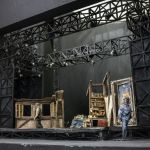
26 July – 31 August
Friedrich Cerha is renowned as an important advocate of modern music and one of the leading contemporary composers.
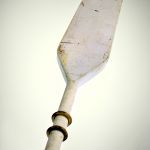
26 July – 31 August
While another much appraised production by Jean-Pierre Ponnelle was enriching the repertoire in the Large Festival Hall with Plácido Domingo in the title role of Les Contes d’Hoffmann, the Small Festival Hall was putting on a new production of Mozart’s Entführung aus dem Serail under the baton of Lorin Maazel.
27 July – 30 August
The competing of the ‘Scene’ continued to cause further tumult in the Festival District. Besides local stars and international ensembles, Festival artists like Friedrich Gulda, Gidon Kremer and Rolf Hochhuth used the alternative forum more and more to present new contexts for their art.
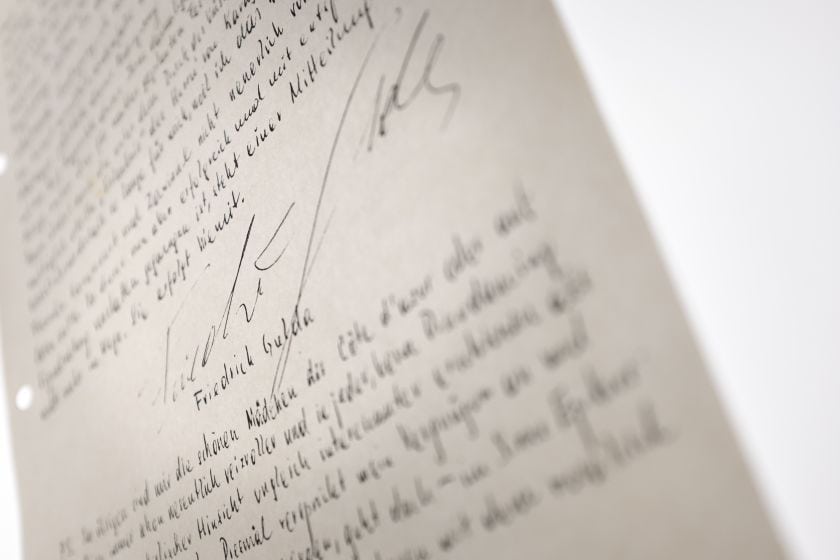
The divergence between the ‘Scene’ and the Festival reached its unruly peak in summer 1988, when the star pianist Friedrich Gulda performed with the Chamber Orchestra of Europe conducted by Nikolaus Harnoncourt in an opening party for the public, and instrumentalized this publicity to make a sweeping blow against the Salzburg Festival. Gulda cancelled his part in the concerts planned for the Festival.
Nevertheless, the phase of renewal of the Salzburg Festival was now irrevocable. After Karajan’s resignation from the Board of Directors, the Festival authorities under Governor Wilfried Haslauer (sen.) agreed in autumn 1988 on far-reaching structural reforms, to be developed by Hans Landesmann.
